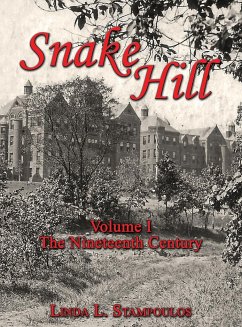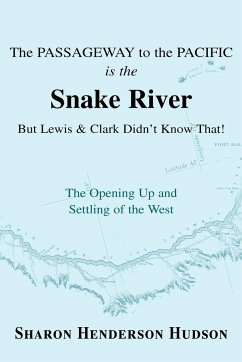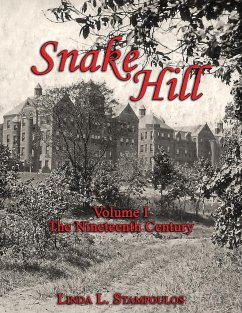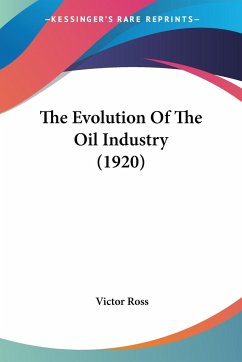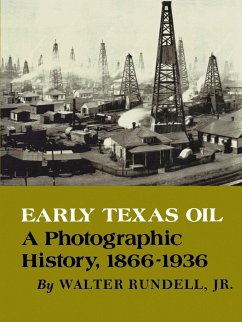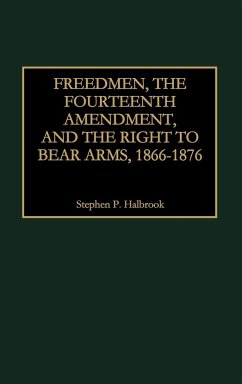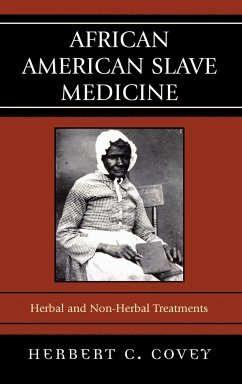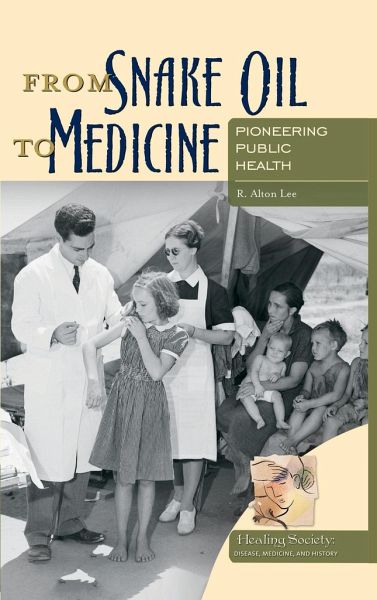
From Snake Oil to Medicine
Pioneering Public Health

PAYBACK Punkte
31 °P sammeln!
Without Samuel J. Crumbine and his Kansas Department of Health, diseases festering in water sources, food and the common towel would have caused thousands of deaths in the United States. Crumbine and his associates paved the way to better treatment of tuberculosis. This well-written account leads the reader down a path of crucial medical advancements. Samuel J. Crumbine was a medical educator without peer, who used his department of health to disseminate the latest developments he and others throughout the world were achieving in public health. He found it necessary to propagandize a skeptical...
Without Samuel J. Crumbine and his Kansas Department of Health, diseases festering in water sources, food and the common towel would have caused thousands of deaths in the United States. Crumbine and his associates paved the way to better treatment of tuberculosis. This well-written account leads the reader down a path of crucial medical advancements. Samuel J. Crumbine was a medical educator without peer, who used his department of health to disseminate the latest developments he and others throughout the world were achieving in public health. He found it necessary to propagandize a skeptical and sometimes hostile public to accept the germ theory, the idea that invisible microbes were making them ill and that they should clean up their environment and their food and water sources. He had to convince the public to rely on modern medicine, not snake oil and other miracle cures for a healthy living. R. Alton Lee's historical account might offer insight in today's threat of Bird Flu and other recent medical threats for any reader.




